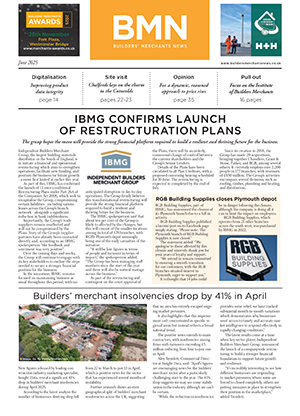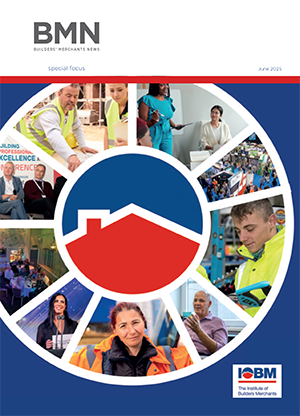A successful business needs an efficient system behind it. If you are selling products online, it might be handy to have Enterprise Resource Planning software, which can help to manage stock control, order processing, Customer Relationship Management, and accounting.
Susanna Kemp, Marketing Manager at Khaos Cloud, explains the history and future of business systems, and how to make the most of the technology that is available to you and your company.
THE FUTURE OF ERP
It is tempting to think the pace of technological change is slowing. That we are accustomed to the internet, that PCs are a permanent part of the office and that constant contact is a fact of life with mobile phones. However, there are compelling reasons to think we are only just getting started. Khaos Cloud discuss the various change to come that will take your business to levels of success you have previously only ever dreamed of.
Businesses will unlock the wealth promised by future technology with their use of Enterprise Resource Planning (ERP) software or business systems. These systems, which go unnoticed by consumers, but exert a tremendous influence over everything from stock control to accounting, powering tills to handling returns, have an untold story. A thrilling story, stretching across decades and platforms, it is necessary to tell – because only by knowing where business systems have been, will we know where they are going.
Business systems began life in the 1960s when firms engaged in complex manufacturing processes, requiring assembly of many individual parts, began cataloguing their huge inventories. J.I. Case, manufacturers of tractors and other agricultural machinery, and computing behemoth IBM, led the way as early pioneers. But given computers’ enormous size at the time, and the large teams necessary for their upkeep, the advantages over traditional, paper-based systems were modest at best.
Indeed, business systems were only able to outdo their paper-based competitors when the arrival of the microprocessor radically boosted the number of calculations computers could perform in a given space. Whereas business systems were once supported by floor-filling mainframes, increasingly, as the 1970s wore on, those same systems ran on desktop machines. Lone technicians oversaw their operation, rather than dedicated teams. Seizing the opportunity, the first software companies arose – including such titans as SAP and Microsoft – writing and selling their own programs.
Computers’ power marched on relentlessly with the next revolution, the internet, acting to weave individual machines together into a vast web that dissolved the old barriers of distance more effectively than any technology before it. For the first time, it became possible to buy goods and services from the comfort of home in what we now call eCommerce. And it is here that Khaos Control Solutions enters the story, because while fears of a tech bubble ran rife in the year 2000, our founder, Mike Cockfield, saw IT still had a great future, understood the new demands eCommerce placed on business systems, and developed Khaos Control to meet them.
For it was no longer necessary just to manage stock, just to manage accounts and just to manage customer relations. Vast marketplaces, on Amazon and eBay amongst others, were opening. With expanded business systems, it became necessary to track and update products from one place, inside a single system instead of a myriad of separate accounts.
But these new, internet-enabled business systems, while delivering massive productivity gains, ran on servers at companies’ premises. Difficult to set up, hard to maintain and tricky to secure, these servers became a ball and chain holding companies back.
The solution was cloud computing. An act of liberation, transferring business systems to the cloud meant relieving site-based servers’ every pain point. Hosted at dedicated, professional data centres, risks surrounding security, downtime, and upgrades and installation were drastically reduced. All outsourced to robust, experienced companies whose mission is perfection in all the matters companies’ staff used to worry about, freeing them to attend to what really matters – business growth.
Appreciating the cloud’s power, Khaos Control Solutions were quick to unveil Khaos Control Cloud, a browser-based business system that married the capability of traditional systems to the flexibility of an innovative solution accessible on any device, anytime, anywhere with an internet connection.
That is where business systems have been. Looking ahead, as the Internet of Things and blockchain technology mature, promising more data stored in incorruptible records to squash inefficiency, it is clear that business systems have an extraordinary way to go strengthening the companies that use them.
You can read more from Khaos Cloud in our May 2018 issue, where the company addresses SMEs’ Misconceptions about GDPR.









